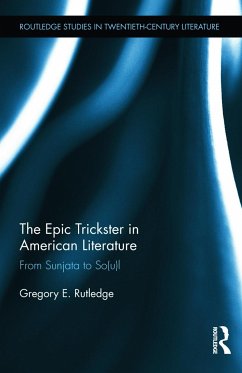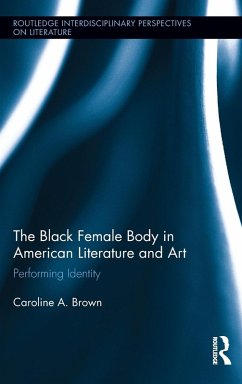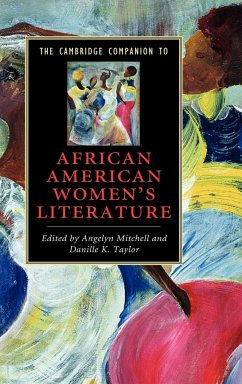
Remapping Citizenship and the Nation in African-American Literature
Versandkostenfrei!
Versandfertig in 1-2 Wochen
63,99 €
inkl. MwSt.
Weitere Ausgaben:

PAYBACK Punkte
32 °P sammeln!
Through a reading of periodicals, memoirs, speeches, and fiction from the antebellum period to the Harlem Renaissance, this study re-examines various myths about a U.S. progressive history and about an African American counter history in terms of race, democracy, and citizenship. Reframing 19th century and early 20th-century African-American cultural history from the borderlands of the U.S. empire where many African Americans lived, worked and sought refuge, Knadler argues that these writers developed a complicated and layered transnational and creolized political consciousness that challenged...
Through a reading of periodicals, memoirs, speeches, and fiction from the antebellum period to the Harlem Renaissance, this study re-examines various myths about a U.S. progressive history and about an African American counter history in terms of race, democracy, and citizenship. Reframing 19th century and early 20th-century African-American cultural history from the borderlands of the U.S. empire where many African Americans lived, worked and sought refuge, Knadler argues that these writers developed a complicated and layered transnational and creolized political consciousness that challenged dominant ideas of the nation and citizenship. Writing from multicultural contact zones, these writers forged a "new black politics"-one that anticipated the current debate about national identity and citizenship in a twenty-first century global society. As Knadler argues, they defined, created, and deployed an alternative political language to re-imagine U.S. citizenship and its related ideas of national belonging, patriotism, natural rights, and democratic agency.














